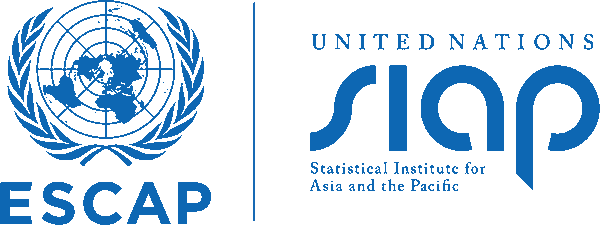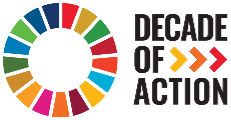
Closing gender data gaps is essential for achieving the Sustainable Development Goals (SDGs). Gender statistics are critical for understanding the distinct realities of women and men, girls and boys, and for informing policies aimed at addressing inequalities, but data and information gaps are often impediments to achieving this. While efforts to enhance gender data production have advanced, significant gaps still remain.
